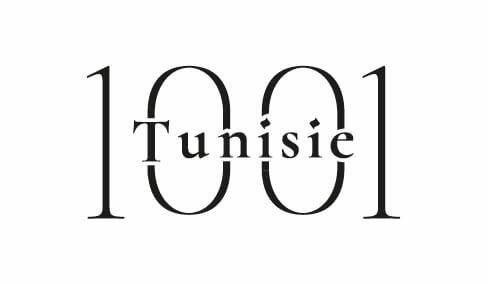
Amina Sta, Vice Treasurer of the Tunisian Hotel Federation (FTH) and President and CEO of the Hotel “El Kssar Resort & Thalasso Sousse” returns from the ITB ASIA 2017 where Tunisia participated for the first time. What does the young woman learn from this inspection trip organized by GIZ with the close collaboration of FTH, FTAV and ONTT? Interview.
1001 Tunisia: Cultural tourism becomes an economic factor of such importance that it is not to disappoint visitors. What are the mistakes not to make in Asia as a promising market for the destination Tunisia given your recent participation in the ITB ASIA?
Amina Sta: Nowadays, Chinese people are more and more interested in Cultural Tourism. They leave their country in search of discoveries and allocate the majority of their budget to discover, to live unique experiences. The changes in the behavior of Chinese travelers is really getting faster and you have to pay attention.
What are the needs of Chinese tourists traveling that you saw during the ITB ASIA?
To succeed in satisfying the Chinese clientele, we must first have a staff and guides who speak at least Mandarin, it would be very appreciated and reassuring! Then, it is essential to provide them with guides (print or digital) and brochures written in Chinese describing the necessary information and briefly illustrating the history of our country.
It should be noted that Chinese culture is a culture oriented towards gifts and sharing. They want to share everything, starting with their adventure during the trips via photos and through the gadgets and gifts they offer on their return. This allows them to preserve their circle of friends and develop their social network hence the interest of having also and especially beautiful souvenir shops near the monuments to visit.
What error would be most not to do?
We must not automatically associate mass tourism and Chinese market. The other pitfall would be not to note the rise of individual tourism, tourism among “seniors”, and luxury tourism. it is important for us to focus on the development of concierge services and tailor-made trips.
Tunisia is one of the tourist destinations where tourists spend the least. How to reverse this trend to capture the expenses of Chinese customers, one of the most expensive clienteles in the world?
Shopping is the favorite activity of most Chinese people. According to some journalists I spoke with at ITB Asia, Chinese people want to spend and love buying local products, local handicrafts and products from local designers …
The Chinese are no longer interested in the international brands they find everywhere. We are interested in promoting and developing the distribution channels of our crafts and facilitating its accessibility to Chinese tourists. We must also provide all necessary information regarding the transport of items deemed ‘heavy’ (in terms of weight) to facilitate shipments.
There is absolutely an important investment to be made on the various infrastructures of the country to seduce and convince the Chinese clientele in particular and Asian in general. Where to start especially in a budgetary context neither simple nor obvious?
First, when making a decision, the Chinese tourist mainly refers to social networks: The most used search engine is “Baidu” and their social network is the “We Chat” that they use upstream and downstream. Downstream . To decide on a destination and to provide feedback after their visits; thus, to attract more tourists, the destination Tunisia must be present.
On the other hand, the Chinese tourist reserves all online, his hotel, his transport, the reservation of his restaurant, the purchase of his tickets of museums etc. Hence the major importance of digitizing the destination. It is important to remember that Chinese culture is about sharing. Chinese tourists want to share everything with their family, friends and communities via photos, videos, hence the indispensability of Wifi everywhere!
Finally, I would say that for a memorable experience, the Chinese tourist would like to have a guide or a minimum of staff who speak Mandarin in addition to brochures in Chinese languages.
We must also be aware that the future belongs to Asia … Our tourism product could adapt to the expectations of Chinese tourists if we provide a minimum effort to better accommodate and retain …



 َAbonnez-vous
َAbonnez-vous

